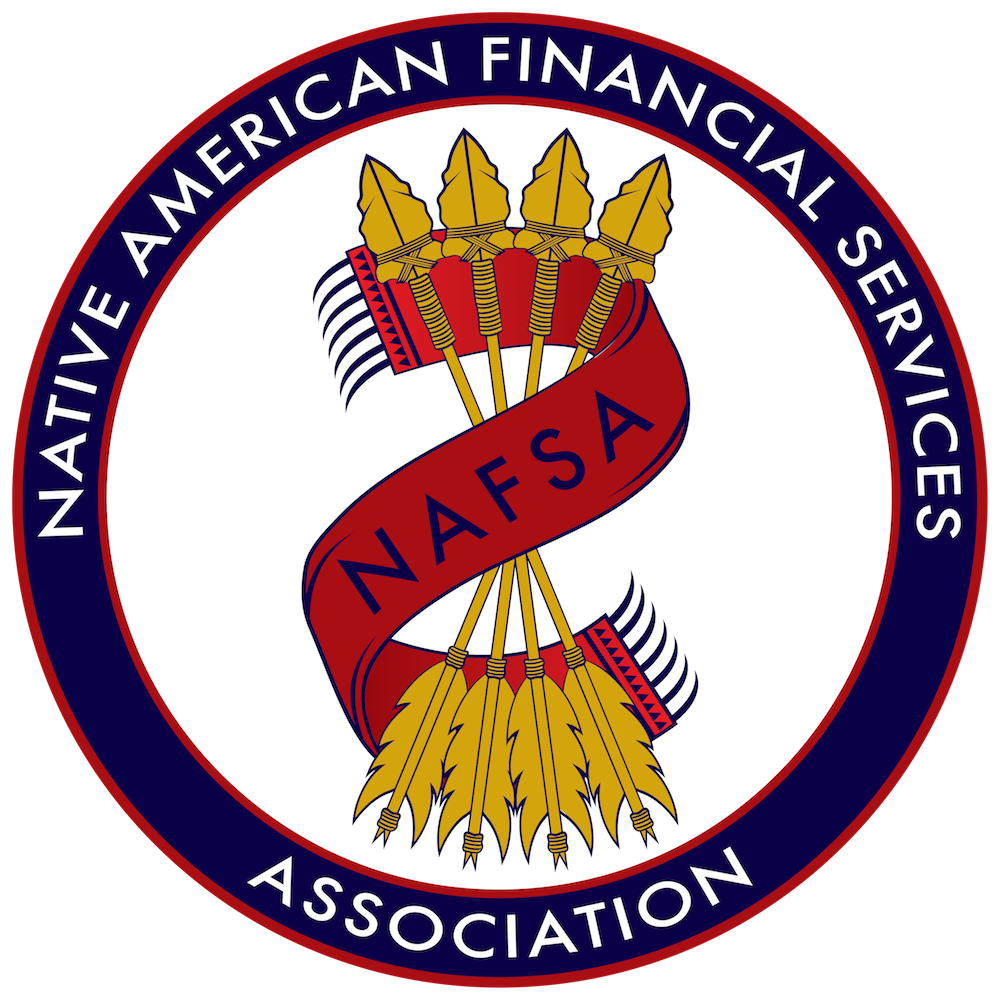The Latest Financial News
Bank Economists See Weakening Credit Conditions
According to the American Bankers Association’s Credit Conditions Index for Q3 2022, released last week, bank economists expect credit market conditions to deteriorate over the second six months of 2022. The Credit Conditions Index is derived from the quarterly...
Rate Cap Campaign Announces Enough Signatures to Put Initiative on Michigan Ballot
Earlier this month, a campaign dedicated to capping annual interest rates on loans at 36 percent in the state of Michigan announced it had collected more than 575,000 signatures and submitted 405,625 to the Michigan Secretary of State, which it hopes will eclipse the...
Report Finds 61% of U.S. Consumers, Including 36% of Consumers Earning More than $250k Annually, Living Paycheck-to-Paycheck
A report produced through a collaboration with PYMNTS and LendingClub and released earlier this month found that a growing number of consumers in all income brackets, including those making more than $250,000 per year, are now living paycheck-to-paycheck. The report,...
Why NAFSA?
There are more than 570 federally-recognized tribes in the United States, many of whom are spread across in diverse areas. This has left a need for other tribal economic development opportunities to create sustainability and jobs on Native American reservations.
Tribal Financial Services:
![]() Create jobs & economic development on tribal lands
Create jobs & economic development on tribal lands
![]() Increase the financial independence of tribes
Increase the financial independence of tribes
![]() Deploy sovereignty & bolster tribal self-determination
Deploy sovereignty & bolster tribal self-determination

The Impact of Tribal Financial Services
Coming from a history of staggering unemployment rates, limited opportunities, and lack of access to fundamental resources, Native American tribes began online lending businesses to create real change for the future. Internet commerce has been a vehicle for supporting economic growth, tribal services, and tribal development. These are their stories.
Our Mission
To advocate for tribal sovereignty, promote responsible financial services, and provide better economic opportunity in Indian Country for the benefit of tribal communities.




